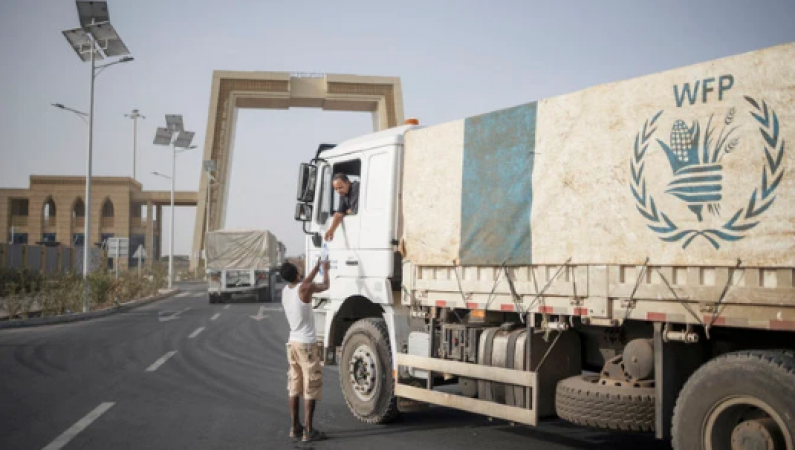
Addis Ababa: Even as a ceasefire began in war-torn northern Ethiopia, the World Food Program (WFP) claimed aid distribution in Tigray was "not matching the needs" of the affected region.
An agreement was signed on 2 November to end the two-year war that has killed countless people and created a humanitarian crisis, and to restore aid delivery to Tigray as a key component. Included.
According to WFP, all four road corridors have reopened in Tigray since the ceasefire. Additionally, humanitarian flights are now landing in major cities, significantly increasing the amount of aid reaching the region.
The UN food agency said in a statement on Friday that "the distribution of aid within Tigray is not matching needs and WFP and its partner partners urgently need access to all parts of the region."
Aid to the region ended when fighting broke out again in late August between Tigray's rebel leaders and fighters loyal to the Ethiopian government and their allies.
With about 90% of its 6 million residents dependent on food aid, the UN warned that many people in Tigray already faced starvation before the aid was suspended.
For more than a year, the region was cut off from the outside world, resulting in severe drug shortages, poor access to electricity, banking and communications, as well as other problems.
Also Read: EU ministers support a new migrant plan after dispute between France and Italy
WFP reported that about 100 trucks had distributed 2,400 metric tons of food and 100,000 liters of fuel in the area since 15 November, when road access improved.
Passenger flights on humanitarian missions to the regional capital Mekelle resumed on Friday for the first time since August, after receiving government approval. Additionally, for the first time, aid charters have started going to a city shire in the north.
However, despite improved access, WFP reported that "some areas in the eastern and central regions of Tigray are constrained," making it more difficult to deliver adequate aid.
WFP reported that since early November, it had provided food aid to 29% of its 2.1 million caseloads in the Tigray region.
According to WFP, the war that began in November 2020 has left an estimated 13.6 million people in need of humanitarian assistance in Tigray and its neighboring regions of Amhara and Afar.
When Ethiopia's Prime Minister Abiy Ahmed accused Tigray's leadership of attacking federal army camps and sending troops to the region, the local leadership had been defying central rule for months.
Also Read: Envoy from Pakistan aids UK charity in raising $1.2 million for flood victims
On 2 November, both sides agreed to a peace accord in South Africa that provided unrestricted aid to Tigray.
On 22 November Tadesse Vorde, chief of staff of Tigray's fighters, announced that fighting in the area had ceased as a result of the agreement.
However, some areas of Tigray still have government allies such as the Eritrean army and militias from the Amhara region.